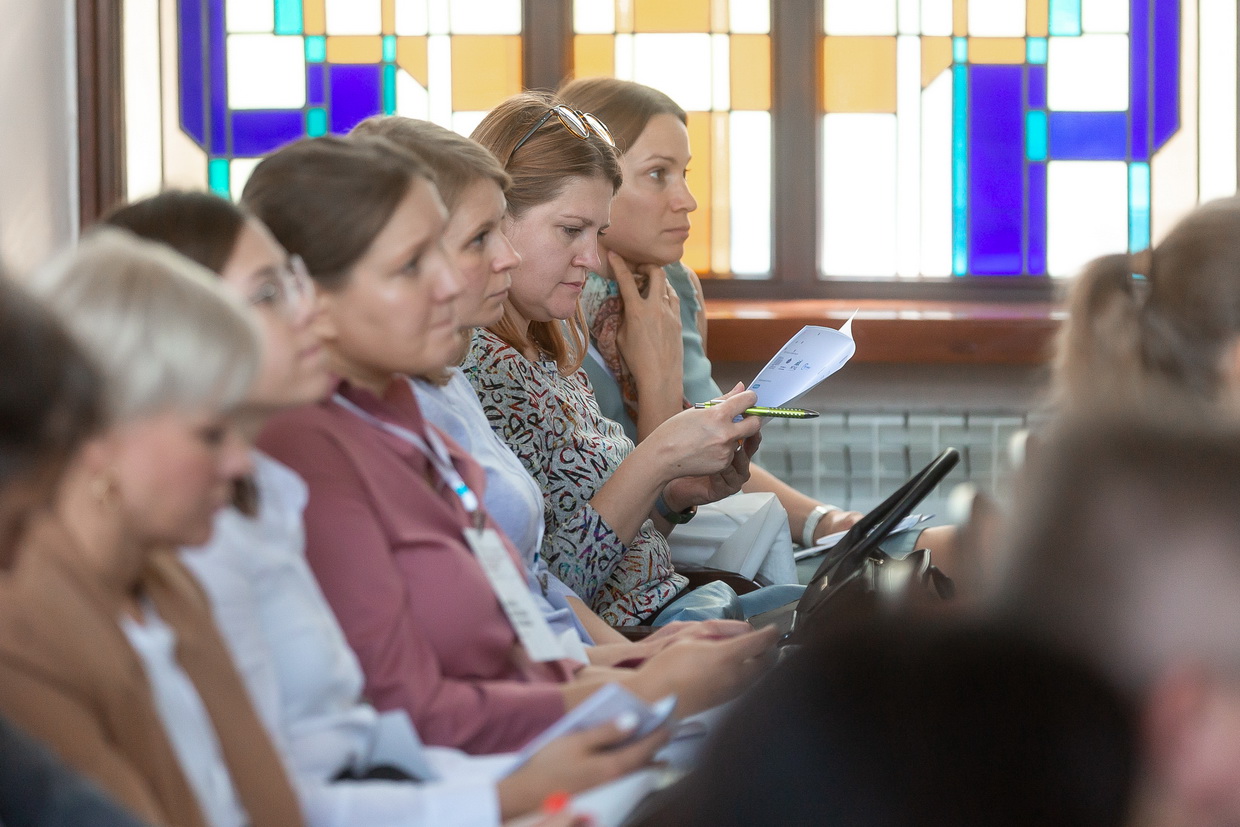Oncological diseases are one of the most frequent causes of death in humans. In most cases, it is not the malignant neoplasm itself that leads to a patient's death, but the process of metastasis. Scientists are striving to develop a new generation of genetic technologies to combat metastasis.
They will present the results of their research at the first international conference "Genetic Technologies in Translational Biomedicine", organized by the Big University partners of Tomsk, as well as by members of the Genetic Research for New Oncology consortium – Tomsk State University, Siberian State Medical University, and Tomsk National Research Medical Center, with partial participation of Bashkir State Medical University.
The list of contributors comprises world-class experts: Tomsk State University, Heidelberg University (Germany), and Siberian State Medical University scientist Yulia Kzhyshkovska; Academician of the Russian Academy of Sciences and Rector of Bashkir State Medical University, Valentin Pavlov; Corresponding Member of the Russian Academy of Sciences and St. Petersburg State Medical University professor, Evgeny Imyanitov; Center for Neurobiology and Neurorehabilitation of the Skolkovo Institute of Science and Technology professor Gleb Sukhorukov; and others.

The new approach to confronting malignant neoplasms differs from the methods that have been used for many decades prior, such as removing the tumor or affecting it with radiation therapy or chemotherapy. Such treatments do prolong life but rarely defeat the disease. The key idea of one of the new approaches is targeting human immune cells with focused programming, which may prove to be a much more effective tool for suppressing tumor cell formation.
The results of research aimed at developing the latest technologies for personalized oncological diseases will be presented by the participants in several sections, among which are "Genetic and Epigenetic Mechanisms of Tumor Progression", "MicroRNA and Cancer", and "Tumor Microenvironment and Immunology for Therapy". Reports will be presented in the poster session format.
Since 2014, interdisciplinary research on tumor and human immune system interaction had been in the works based at the Laboratory for Translational Cellular and Molecular Biomedicine created by TSU, together with the Tomsk National Research Medical Center, under the guidance of Professor Yulia Kzhyshkovska. Currently, these studies are being developed in the TSU strategic project Engineering Biology, supported by the Priority 2030 federal program. The project includes such areas as Bioprinting, Artificial Genome, and Biologics for Personalized Medicine.
Because of the high scientific potential, Tomsk was able to become one of the most distinguished sites for genetic research. In 2021, the Big University members' three major projects took the spotlight and are now being implemented with the support of the federal program for the development of genetic technologies in Russia. The projects are financed in the approximate amount of one billion rubles.
One of them is aimed at solving the issue of human resistance to antibiotics. The project is being conducted under the guidance of TSU scientist Olga Karnachuk (joint contractors: Federal Research Centre Fundamentals of Biotechnology of the Russian Academy of Sciences, Lomonosov Moscow State University, and National Research Centre Kurchatov Institute). In addition, TSU research groups are involved in creating a genomic printer (main contractor: Tomsk State University of Control Systems and Radio-electronics) and in developing genomic methods for blocking malignant tumors (main contractor: Siberian State Medical University). The first research results by this project will also be presented at the conference.